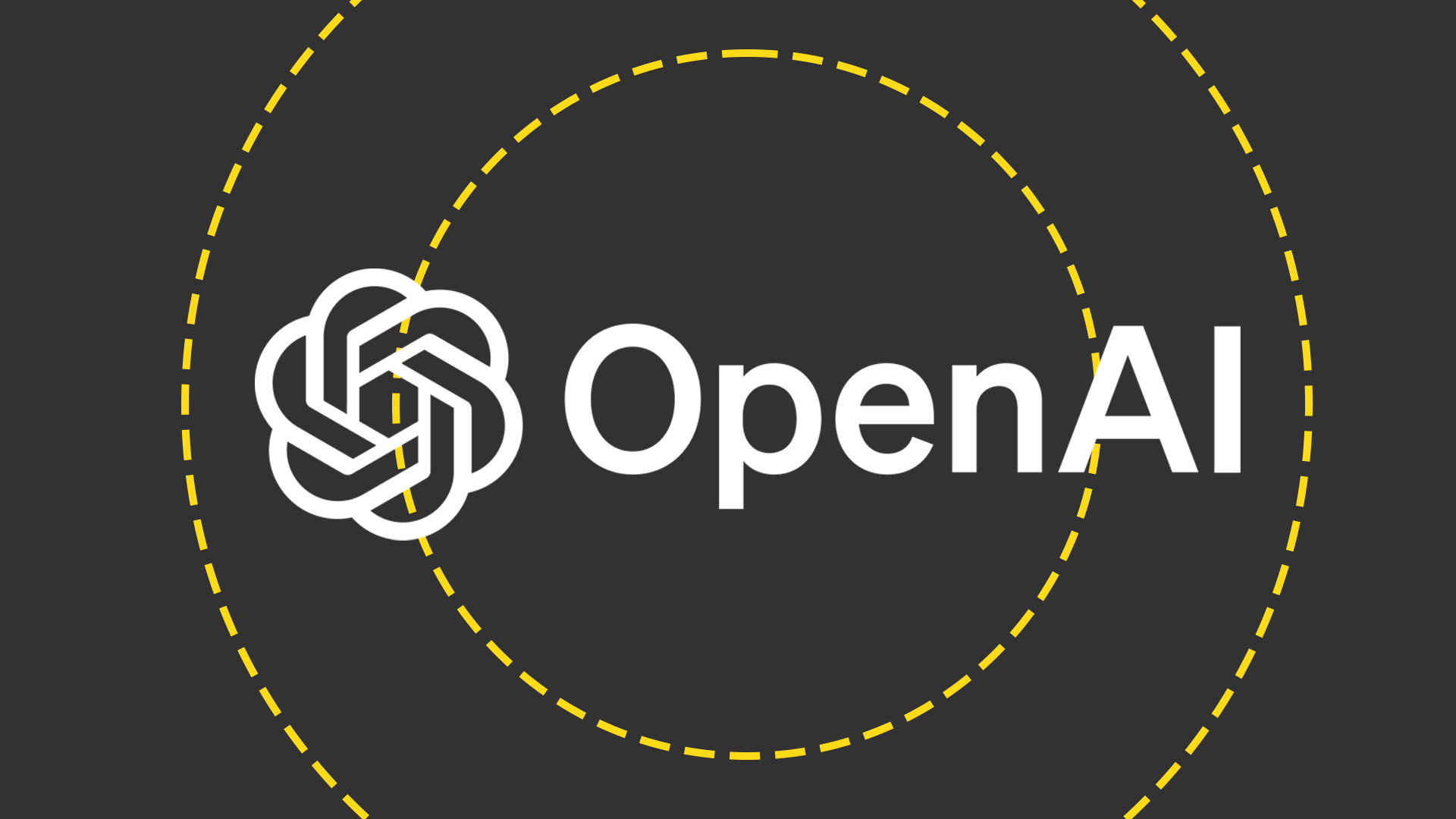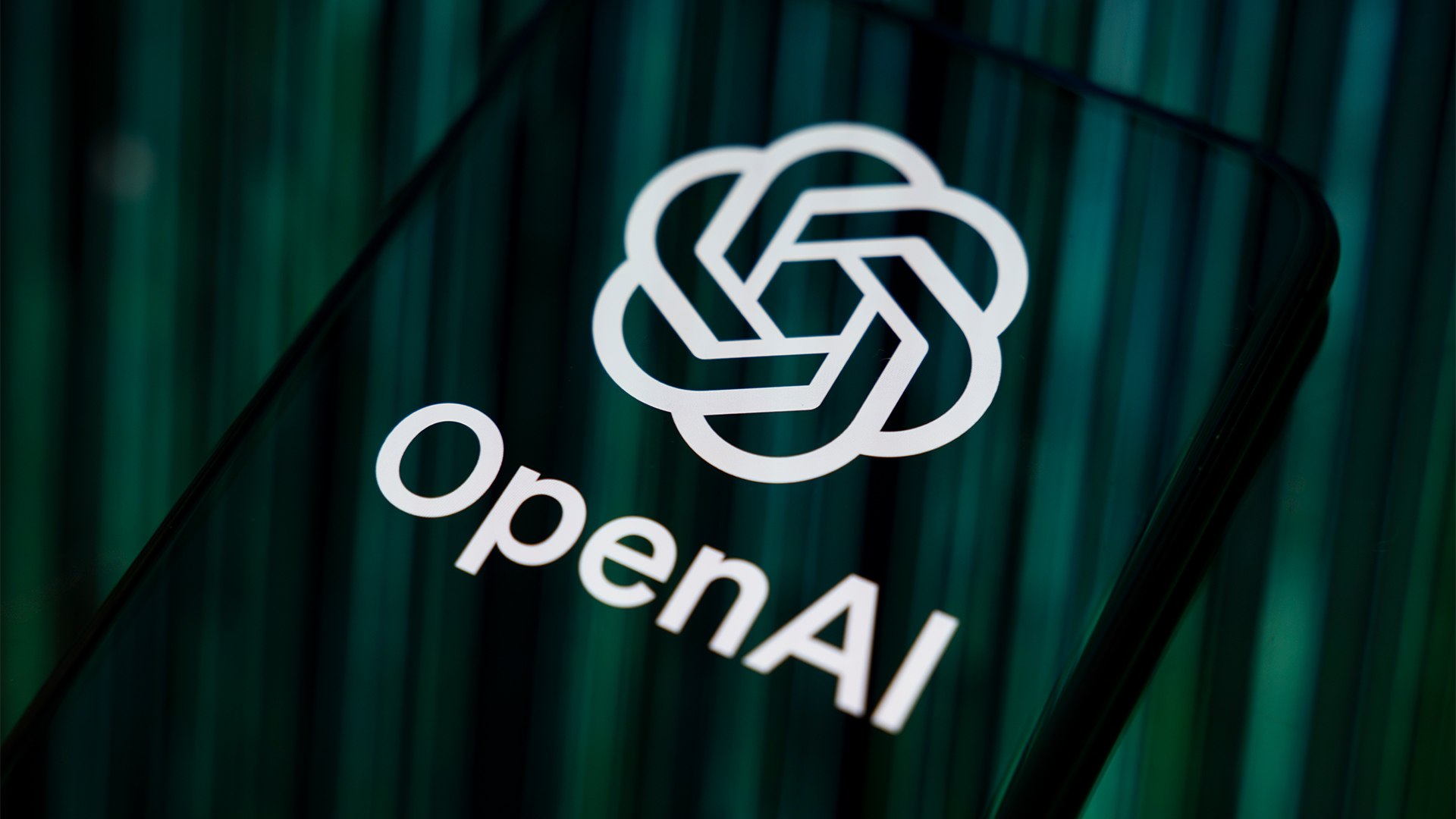OpenAI wants to simplify how developers build AI agents
The firm’s announcement follows similar releases from other companies targeting agent development


OpenAI is releasing a set of tools and APIs designed to simplify agentic AI development, the company has revealed.
While the company has already added new capabilities to support agentic workflows, OpenAI said customers have found it challenging to use these capabilities in production, owing to extensive prompt iteration and custom orchestration logic.
The firm's new ‘Responses API’ aims to solve these problems, along with an ‘Agents Software Development Kit (SDK),’ new search tools, and new integrated observability tools, all aimed at supporting agent development.
The Responses API integrates with OpenAI’s existing ‘Chat Completions API’ and ‘Assistants API’ to assist in agent construction, while the Agents SDK helps users orchestrate both single and multi-agent workflows.
Built-in search tools include a web search and file search function, as well as a computer use function, while users can now take advantage of observability features.
“These new tools streamline core agent logic, orchestration, and interactions, making it significantly easier for developers to get started with building agents,” OpenAI said.
The firm also plans to release additional tools and features soon aimed at simplifying and speeding up agentic development on the OpenAI platform.
Sign up today and you will receive a free copy of our Future Focus 2025 report - the leading guidance on AI, cybersecurity and other IT challenges as per 700+ senior executives
How do the new OpenAI tools work?
Responses API is designed to work with the search functions so that it can draw from the real world and more effectively complete entire tasks.
Its focus is primarily on third-party integration and is aimed at developers who want to bring OpenAI’s technology and agentic capabilities into their applications without having to use several APIs or external vendors.
The API can draw on up-to-date public context from the internet via the web search tool or on internal proprietary business context using the file search tool.
While the web search function has been useful in instances such as the creation of shopping assistants, research agents, and travel booking agents, OpenAI said the file search tool could be deployed in customer service and legal capacities.
Web search is priced at $30 and $25 per thousand queries for GPT‑4o search and 4o-mini search respectively. File search is available at a usage price of $2.50 per every thousand queries.
Similarly, file storage is priced at $0.10 per gigabyte (GB) per day, though the first GB is free.
Through the computer use function, Responses API can be used to create agents that perform functions on a computer using interactions like mouse clicks and keyboard strokes. This works in tandem with the model that enables OpenAI’s ‘Operator’ agent.
Computer use function usage costs $3 per each 1 million input tokens and $12 per each 1 million output tokens.
To manage agents once they’ve been developed, the new Agents SDK gives users ‘handoff’ functionality to transfer control between agents, as well as guardrail features for safety and validation checks.
Agents SDK also brings with it tracing and observability functionality so that developers can see how agents are performing and executing tasks, allowing them to debug and optimize accordingly.
OpenAI jumps on the ‘DIY’ agent trend
OpenAI is the latest in a string of firms to bring users the tools they need to build agents and agentic functionality, building on a market trend towards ‘do-it-yourself’ agent development.
Earlier this month, Databricks rolled out new tools to assist businesses in the deployment, monitoring, and integration of agentic tools.
The offering included centralized governance for AI model management, tools for simplified integration of chatbots and custom applications in third-party tools, and an agent evaluation tool.
Similarly, earlier this year Workday released its ‘Agent System of Record’ designed to lessen the burden of managing agentic AI systems.
RELATED WHITEPAPER

The tools allow IT leaders to on-board agentic workers, define the roles of those agents, manage their access to business data and systems, and gain visibility into agent activity.
Some of the bigger tech firms have made similar moves, with AWS putting agentic building capabilities into its Amazon Bedrock platform as part AWS re:Invent 2024.
‘Amazon Bedrock Agents’ gives customers the tools to not just develop their own agents, but also orchestrate whole teams of agents to complete complex workflows.
MORE FROM ITPRO

George Fitzmaurice is a former Staff Writer at ITPro and ChannelPro, with a particular interest in AI regulation, data legislation, and market development. After graduating from the University of Oxford with a degree in English Language and Literature, he undertook an internship at the New Statesman before starting at ITPro. Outside of the office, George is both an aspiring musician and an avid reader.
-
 Microsoft unveils Maia 200 accelerator, claiming better performance per dollar than Amazon and Google
Microsoft unveils Maia 200 accelerator, claiming better performance per dollar than Amazon and GoogleNews The launch of Microsoft’s second-generation silicon solidifies its mission to scale AI workloads and directly control more of its infrastructure
-
 Infosys expands Swiss footprint with new Zurich office
Infosys expands Swiss footprint with new Zurich officeNews The firm has relocated its Swiss headquarters to support partners delivering AI-led digital transformation
-
 Half of agentic AI projects are still stuck at the pilot stage – but that’s not stopping enterprises from ramping up investment
Half of agentic AI projects are still stuck at the pilot stage – but that’s not stopping enterprises from ramping up investmentNews Organizations are stymied by issues with security, privacy, and compliance, as well as the technical challenges of managing agents at scale
-
 ‘There’s been tremendous agent washing’: Dell Technologies CTO John Roese says the real potential of AI agents is just being realized – and they could end up managing humans
‘There’s been tremendous agent washing’: Dell Technologies CTO John Roese says the real potential of AI agents is just being realized – and they could end up managing humansNews As businesses look for return on investment with AI, Dell Technologies believes agents will begin showing true value at mid-tier tasks and in managerial roles.
-
 DeepSeek rocked Silicon Valley in January 2025 – one year on it looks set to shake things up again with a powerful new model release
DeepSeek rocked Silicon Valley in January 2025 – one year on it looks set to shake things up again with a powerful new model releaseAnalysis The Chinese AI company sent Silicon Valley into meltdown last year and it could rock the boat again with an upcoming model
-
 Retailers are turning to AI to streamline supply chains and customer experience – and open source options are proving highly popular
Retailers are turning to AI to streamline supply chains and customer experience – and open source options are proving highly popularNews Companies are moving AI projects from pilot to production across the board, with a focus on open-source models and software, as well as agentic and physical AI
-
 Microsoft CEO Satya Nadella wants an end to the term ‘AI slop’ and says 2026 will be a ‘pivotal year’ for the technology – but enterprises still need to iron out key lingering issues
Microsoft CEO Satya Nadella wants an end to the term ‘AI slop’ and says 2026 will be a ‘pivotal year’ for the technology – but enterprises still need to iron out key lingering issuesNews Microsoft CEO Satya Nadella might want the term "AI slop" shelved in 2026, but businesses will still be dealing with increasing output problems and poor returns.
-
 OpenAI says prompt injection attacks are a serious threat for AI browsers – and it’s a problem that’s ‘unlikely to ever be fully solved'
OpenAI says prompt injection attacks are a serious threat for AI browsers – and it’s a problem that’s ‘unlikely to ever be fully solved'News OpenAI details efforts to protect ChatGPT Atlas against prompt injection attacks
-
 OpenAI says GPT-5.2-Codex is its ‘most advanced agentic coding model yet’ – here’s what developers and cyber teams can expect
OpenAI says GPT-5.2-Codex is its ‘most advanced agentic coding model yet’ – here’s what developers and cyber teams can expectNews GPT-5.2 Codex is available immediately for paid ChatGPT users and API access will be rolled out in “coming weeks”
-
 OpenAI turns to red teamers to prevent malicious ChatGPT use as company warns future models could pose 'high' security risk
OpenAI turns to red teamers to prevent malicious ChatGPT use as company warns future models could pose 'high' security riskNews The ChatGPT maker wants to keep defenders ahead of attackers when it comes to AI security tools